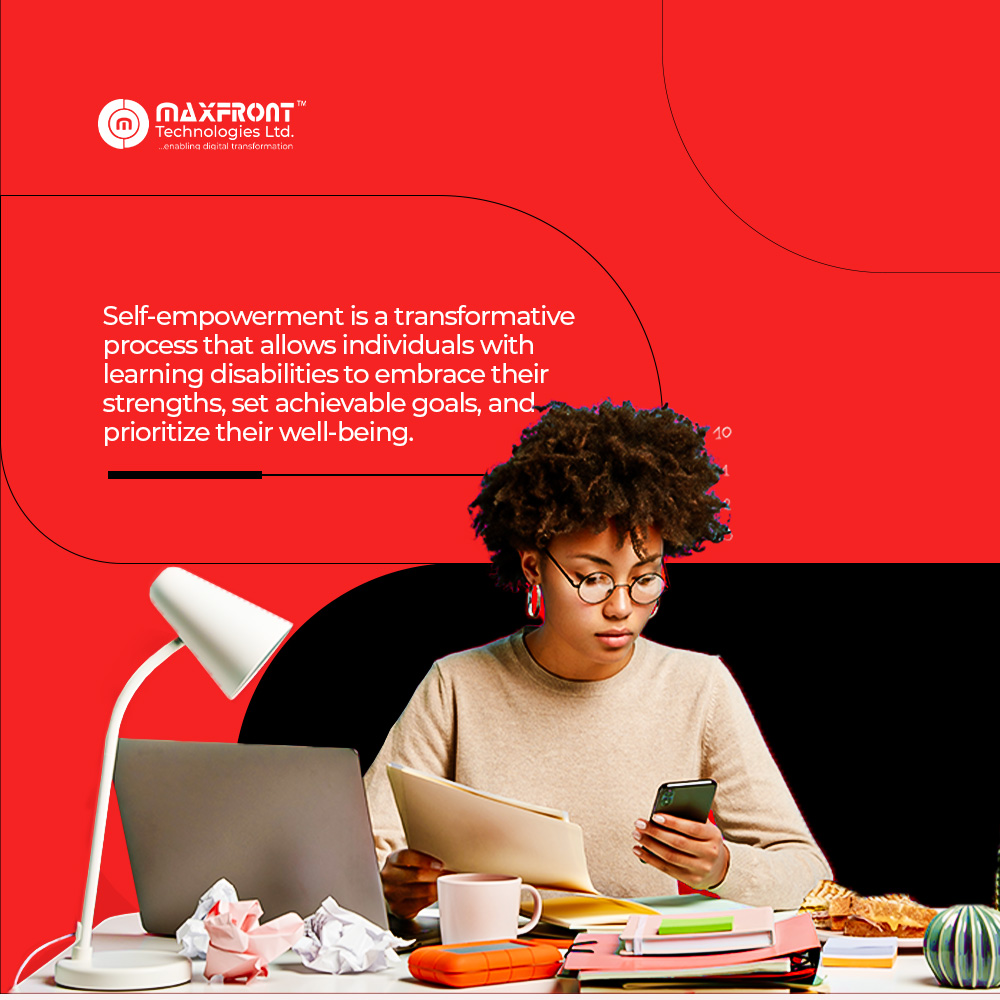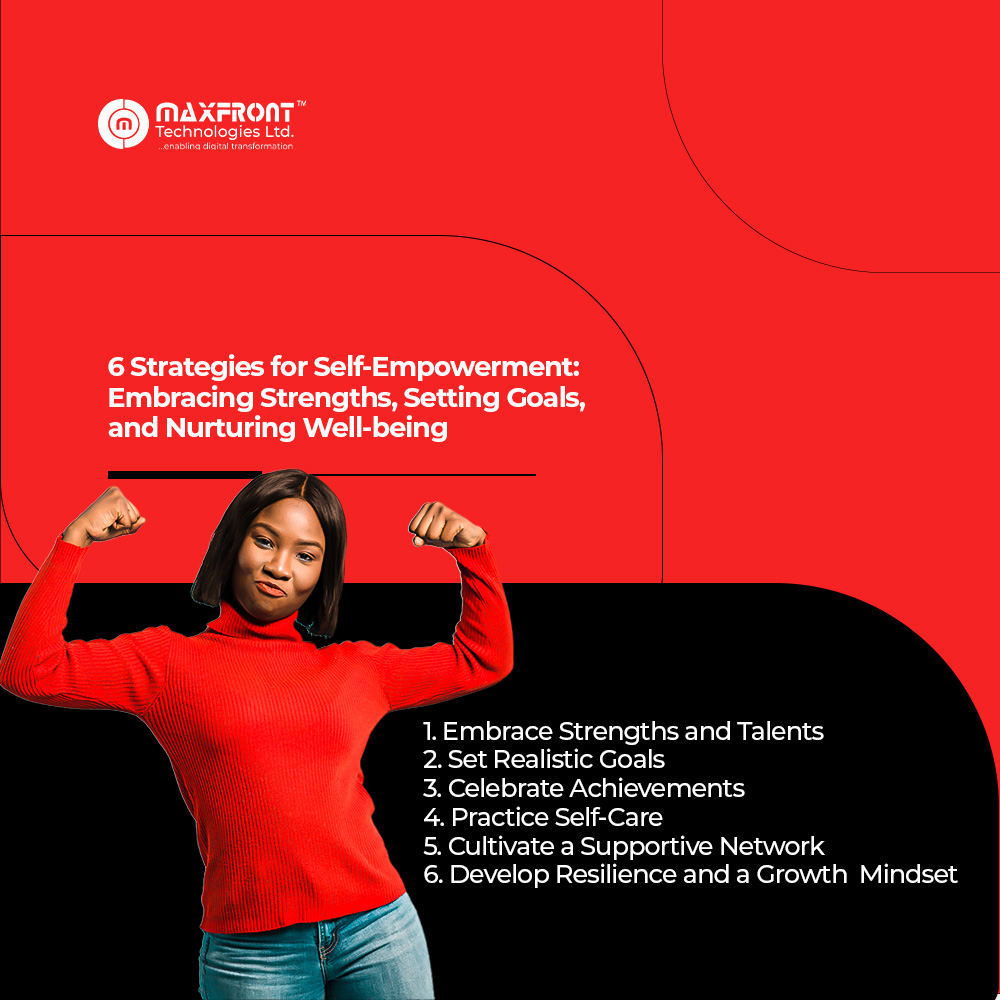
Introduction:
Self-empowerment plays a crucial role in the journey of individuals with learning disabilities. By embracing their strengths, setting realistic goals, and prioritizing self-care, individuals can foster a sense of empowerment and unlock their full potential. This blog post will explore practical strategies that promote self-empowerment, including embracing strengths and talents, setting achievable goals, and prioritizing self-care to reduce stress and promote mental well-being.
Embracing strengths, setting goals, and nurturing well-being are integral for personal growth and fulfillment. Embracing strengths involves recognizing and utilizing your unique abilities, leading to increased confidence and success. Setting goals provides direction and motivation, guiding your actions and helping you achieve desired outcomes. Nurturing well-being involves prioritizing self-care and maintaining physical, mental, and emotional health, enabling resilience and a higher quality of life. These elements create a harmonious and fulfilling path towards self-discovery and personal fulfillment. Here are 6 Strategies for Self-Empowerment: Embracing Strengths, Setting Goals, and Nurturing Well-being

- Embrace Strengths and Talents: Encourage individuals with learning disabilities to recognize and embrace their unique strengths and talents. Focus on areas where they excel and celebrate their achievements. Acknowledging their abilities can build confidence, improve self-esteem, and develop a positive self-image.
- Set Realistic Goals: Setting realistic goals is essential for self-empowerment. Encourage individuals to break down larger goals into smaller, manageable steps. This approach allows for a sense of progress and accomplishment, motivating them to keep moving forward. By setting achievable goals, individuals can maintain a positive mindset and build momentum toward long-term success.
- Celebrate Achievements: Celebrate every milestone and achievement, no matter how small. Acknowledge and appreciate individuals’ effort, progress, and growth. Recognize that each step forward contributes to their overall success, no matter how incremental. Celebrating achievements boosts self-confidence, reinforces a positive mindset, and fosters a sense of pride in one’s abilities.
- Practice Self-Care: Self-care is crucial for overall well-being and self-empowerment. Encourage individuals to prioritize activities that reduce stress and promote mental well-being. This may include engaging in physical exercise, practicing mindfulness or meditation, pursuing hobbies, spending time with loved ones, or seeking counseling or therapy when needed. Self-care activities replenish energy, enhance focus, and cultivate resilience.
- Cultivate a Supportive Network: Building a supportive network is essential for self-empowerment. Surround individuals with people who understand and uplift them. Connect with support groups, online communities, or local organizations that provide encouragement, understanding, and a sense of belonging. Collaborating with others who share similar experiences can offer valuable insights, motivation, and emotional support.
- Develop Resilience and a Growth Mindset: Encourage individuals to embrace challenges and setbacks as opportunities for growth. Help them develop resilience by reframing failures as learning experiences and cultivating a growth mindset. Emphasize the belief that abilities can be developed through dedication, effort, and perseverance. This mindset fosters resilience, adaptability, and a willingness to embrace new opportunities.
Embrace these strategies for self-empowerment and watch your life transform. Embrace your unique strengths, set meaningful goals, and prioritize self-care. You have the power to achieve greatness and live a fulfilling life. Take action today and embark on a journey of self-empowerment, growth, and success.
Conclusion:
Self-empowerment is a transformative process that allows individuals with learning disabilities to embrace their strengths, set achievable goals, and prioritize their well-being. You can unlock your full potential and thrive by recognizing and celebrating your abilities, setting realistic goals, practising self-care, cultivating a supportive network, and developing resilience and a growth mindset. Encourage individuals to embrace these strategies, adapt them to their unique needs, and embark on a journey of self-empowerment, growth, and success.